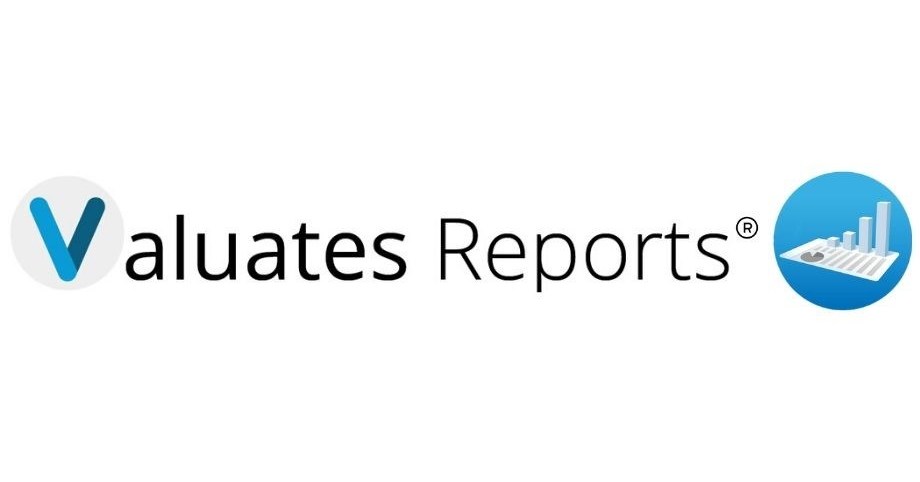Starting June 12, 2025, residents of London will have the opportunity to exchange their biometric data for cryptocurrency through World , a controversial project co-founded by OpenAI CEO Sam Altman.
The launch marks the beginning of World’s expansion across the United Kingdom, with plans to deploy its eye-scanning technology in cities such as Manchester, Birmingham, Cardiff, Belfast, and Glasgow in the coming months.
The heart of the program lies in a polished metallic device called the Orb, which captures high-resolution images of a user’s iris and face to generate a unique digital identifier. This identifier, known as a World ID, verifies a person’s humanity in an increasingly AI-saturated world. Those who complete the scan are rewarded with World’s native cryptocurrency, WLD.
Notably, the project aims to address two global challenges, distinguishing humans from AI and providing a secure digital identity. According to World, the data collected during registration is not stored or linked to personal details. Instead, the Orb converts the biometric information into a unique code used solely for verification. This approach seeks to strike a balance between user privacy and the need for reliable digital authentication.
However, the idea of scanning irises in exchange for crypto has sparked debate. Critics argue that no system relying on immutable biometric data can ever be completely secure. If a person’s iris code is ever compromised, there is no way to replace or reset it like a password. While World claims to process this data locally and not store raw images, questions around surveillance, informed consent, and potential misuse continue to surface.
The UK rollout comes just weeks after World halted its operations in Indonesia, citing regulatory uncertainty. That suspension underscored the importance of clear legal frameworks as private firms attempt to enter a space traditionally dominated by governments. World has stated it remains committed to resolving licensing issues and maintaining dialogue with local authorities.
The broader implication is that World, and similar initiatives, may be paving the way for a shift in how digital identities are issued and verified. Historically, identity has been the domain of the state. Now, a private tech startup is offering a global digital ID—linked not to citizenship but to biometric uniqueness and incentivized by crypto. That change raises questions about oversight, inclusivity, and long-term accountability.
Sam Altman and his team argue that a new model of digital identity is necessary as AI continues to blur the lines between human and machine. World ID is intended to serve as proof of personhood online, a critical safeguard against bots and synthetic accounts. Yet despite the project’s technological sophistication, it is entering territory long fraught with ethical tension.
World’s approach borrows elements from successful models like Estonia’s eID and India’s Aadhaar, both of which show that biometric verification can work at scale. But these systems also faced legal challenges and concerns about data security. World’s decentralized architecture, which avoids centralized storage of sensitive data, attempts to address these concerns, but its real test will be public trust.












